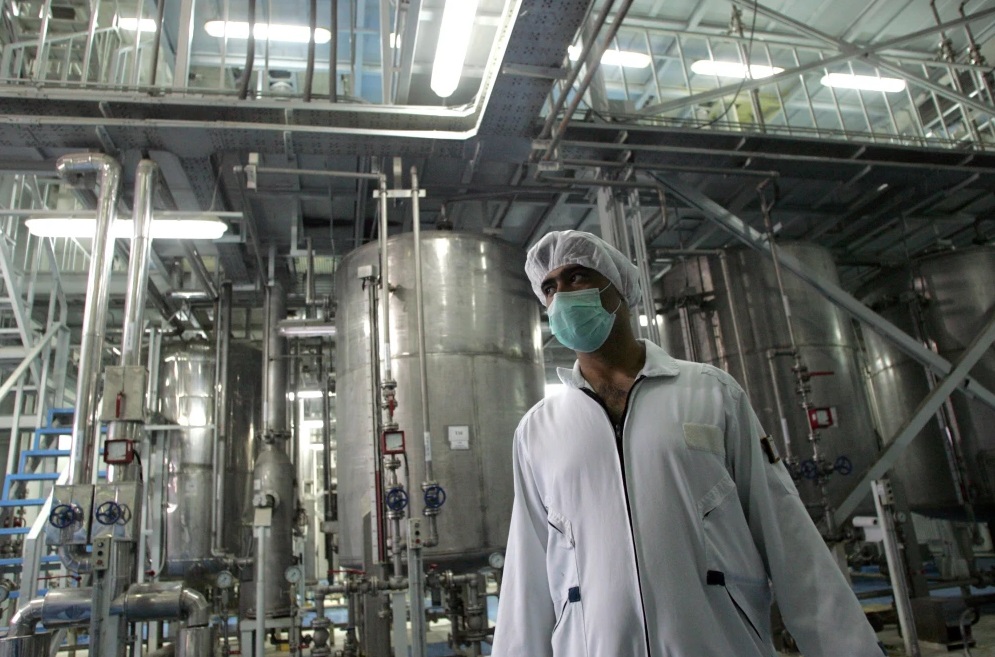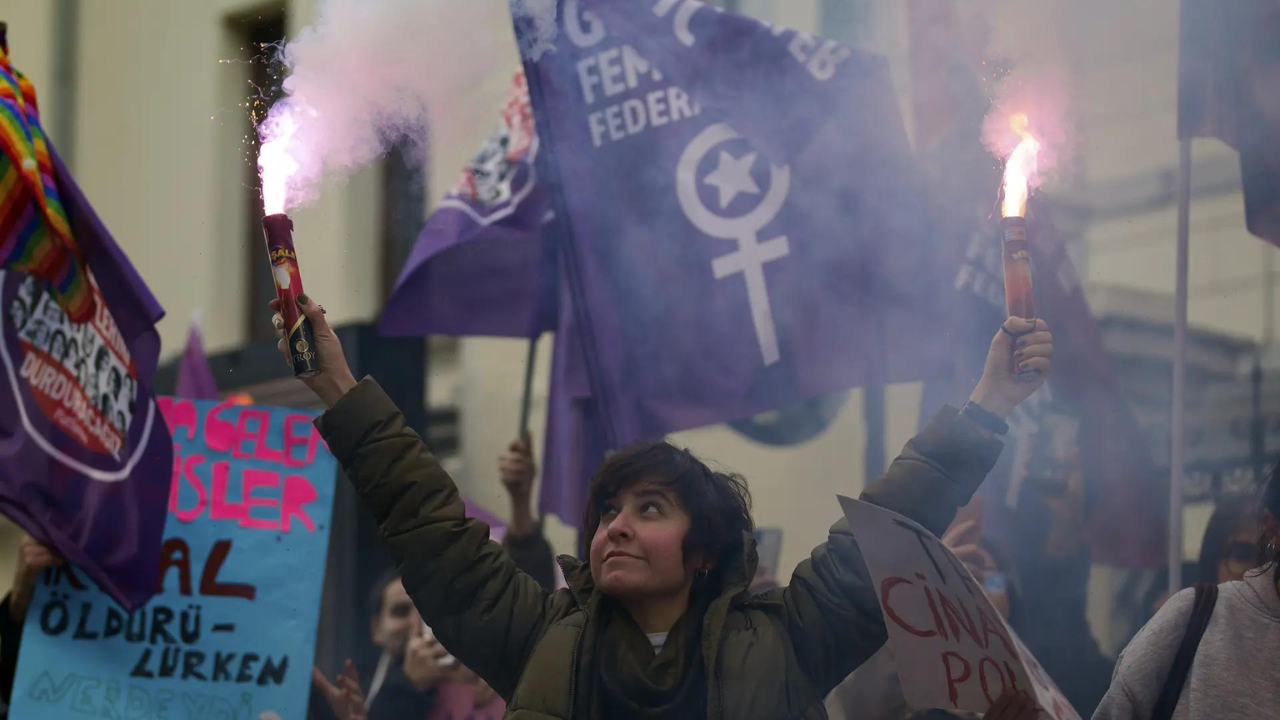ARTICLE AD BOX
DEROGATORY remarks about the Indian PM by Maldivian ministers have sparked an international row.
Here we take a look at why ‘boycott Maldives’ started trending in January 2024.
 X/ @narendramodi
X/ @narendramodiWhy is ‘boycott Maldives’ trending?
Following three of the country’s officials mocking Prime Minister Narendra Modi, Maldives is facing a boycott from one of its biggest sources of tourism — India.
The dispute erupted after Modi posted pictures of himself on January 4 on X, formerly Twitter, enjoying a holiday and snorkelling in Lakshadweep — a southern Indian chain of islands off the coast of Kerala in the Laccadive Sea.
Saying he was in “awe of the stunning beauty of its islands”, Modi added: “For those who wish to embrace the adventurer in them, Lakshadweep has to be on your list.
“During my stay, I also tried snorkelling — what an exhilarating experience it was!
“And those early morning walks along the pristine beaches were also moments of pure bliss.”
Modi made no mention of neighbouring Maldives, instead praising the beauty of the lesser-known archipelago Lakshadweep, which was seemingly taken as a ploy to encourage people to holiday there rather than Maldives.
Three Maldives officials who worked for the Ministry of Youth Empowerment, Information and Arts to responded, calling Modi an economic “terrorist”, a “clown” and a “puppet of Israel” in posts which have since been deleted.
The ministers who led the attack on Modi — Malsha Shareef, Mariyam Shiuna, and Abdulla Mahzoom Majid — have been suspended by the Maldivian government.
In a post comparing India to cow dung — which has now been taken down — Shiuna tweeted: “What a clown. The puppet of Israel Mr Narendra diver with life jacket.”
These remarks have led to Indian tourists, who make up 11 per cent of the tourism market in Maldives, to post proof of them cancelling their planned trips to the country along with the hashtag #BoycottMaldives.
Cricket players and Bollywood actors have also taken up the cause, urging Indian holidaymakers to visit local destinations alongside the hashtag #ChaloLakshadweep — which translates to ‘Let’s go to Lakshadweep’.
Maldives foreign ministry released a statement distancing itself from the comments, saying: “The government of Maldives is aware of derogatory remarks on social media platforms against foreign leaders and high-ranking individuals.
“These opinions are personal and do not represent the views of the government of Maldives.”
It added: “The government believes that the freedom of expression should be exercised in a democratic and responsible manner, and in ways that do not spread hatred, negativity, and hinder close relationships between the Maldives and its international partners.”
 X/ @narendramodi
X/ @narendramodiWho is Narendra Modi?
Modi was born on September 17, 1950 and has been in power since 2014.
He was elected with just over half the seats in the Lok Sabha, India’s lower house of Parliament, and less than one-third of the popular vote.
He is the former Chief Minister of the state of Gujarat and has been ridiculed as an uneducated tea seller who rose from humble beginnings as the son of a grocer.
Modi is a strict vegetarian who lives a frugal lifestyle, and has often been described as a workaholic.
Modi is also very social media savvy and is one of the most followed world leaders with 94.4million followers on X.
Modi was initially dismissed by political pundits as a knee-jerk populist who came to power with nothing more than simplistic promises of revival.
Fighting his critics, Modi has risen to become one of the most popular Indian prime ministers of all time, with his tough and often unpopular economic reforms making India one of the world’s fastest growing major economies.
What has happened between India and the Maldives?
Tensions between India and Maldives have been tense since pro-China Maldivian President Mohamed Muizzu was elected in October 2023.
Muizzu’s campaign pledged to remove Indian troops from the archipelago and utilised the slogan “India Out” — pledging to instead form closer ties with Beijing.
The Maldivian president also promised to end the “India first” policy of his predecessor Ibrahim Mohamed Solih.
President Muizzu also embarked on a five-day state visit to China on January 8, making the timing of the spat between the neighbouring countries particularly sensitive.
.png)
 10 months ago
6
10 months ago
6








 English (US)
English (US)